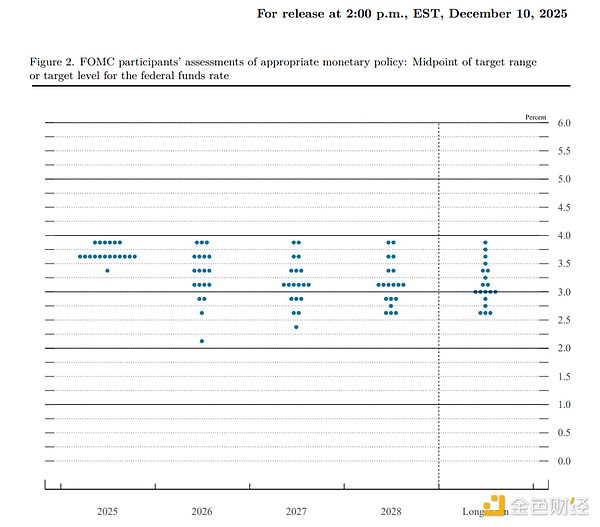Bank of England considers limit exemptions for corporate stablecoins
- BOE may release limits for crypto companies and exchanges
- UK seeks to follow US rules for stablecoins
- Bailey advocates for coexistence between stablecoins and traditional finance
The Bank of England (BOE) plans to grant exemptions to stablecoin holding limits for certain companies, including cryptocurrency exchanges, amid growing pressure to align the UK with more flexible rules adopted by the United States. The move signals a shift in regulatory approach, focusing on keeping the country competitive in the digital asset sector.
The central bank's previous proposals included restrictions of up to £20 ($26,8) for individuals and £10 million ($13,4 million) for businesses. However, the institution now consider releasing exceptions for companies that need to hold large volumes of stablecoins as part of their daily operations. Furthermore, the BOE is considering allowing the use of stablecoins as settlement assets within the Digital Securities Sandbox , its experimental environment focused on financial innovation.
The decision follows criticism from crypto industry leaders, who argued that the UK could be at a competitive disadvantage compared to the United States, where President Donald Trump's administration recently passed the GENIUS Act, legislation establishing a regulatory framework for dollar-backed stablecoins. The Bank of England is expected to detail the new guidelines in a public consultation later this year.
BOE Governor Andrew Bailey has taken a more conciliatory stance on stablecoins. In an article published in the Financial Times, he stated that it would be "wrong" to reject the use of these currencies solely on principle, recognizing their role in the technological advancement of payments.
"Indeed, I don't share this opinion, recognizing their potential to drive innovation in payment systems, both domestically and internationally. Practice matters, however, and it's crucial that these stablecoins meet the conditions that allow for public trust."
wrote Bailey.
The signaling of regulatory easing marks an important step in the integration of stablecoins into the British financial system, with a focus on stimulating innovation without compromising the security and transparency of digital transactions.
Disclaimer: The content of this article solely reflects the author's opinion and does not represent the platform in any capacity. This article is not intended to serve as a reference for making investment decisions.
You may also like
$RAVE TGE Countdown: When Clubbing Becomes an On-Chain Economic Activity, the True Web3 Breakthrough Moment Arrives
RaveDAO is rapidly growing into an open cultural ecosystem driven by entertainment, becoming a key infrastructure for Web3 to achieve real-world adoption and mainstream breakthrough.

A "hawkish rate cut" that's not so "hawkish," and balance sheet expansion that's "not QE"
The Federal Reserve has cut interest rates by another 25 basis points as expected, still projecting one rate cut next year, and has launched an RMP to purchase $40 billion in short-term bonds.


Historic Fundraising: Real Finance Attracts $29 Million to Revolutionize RWAs

